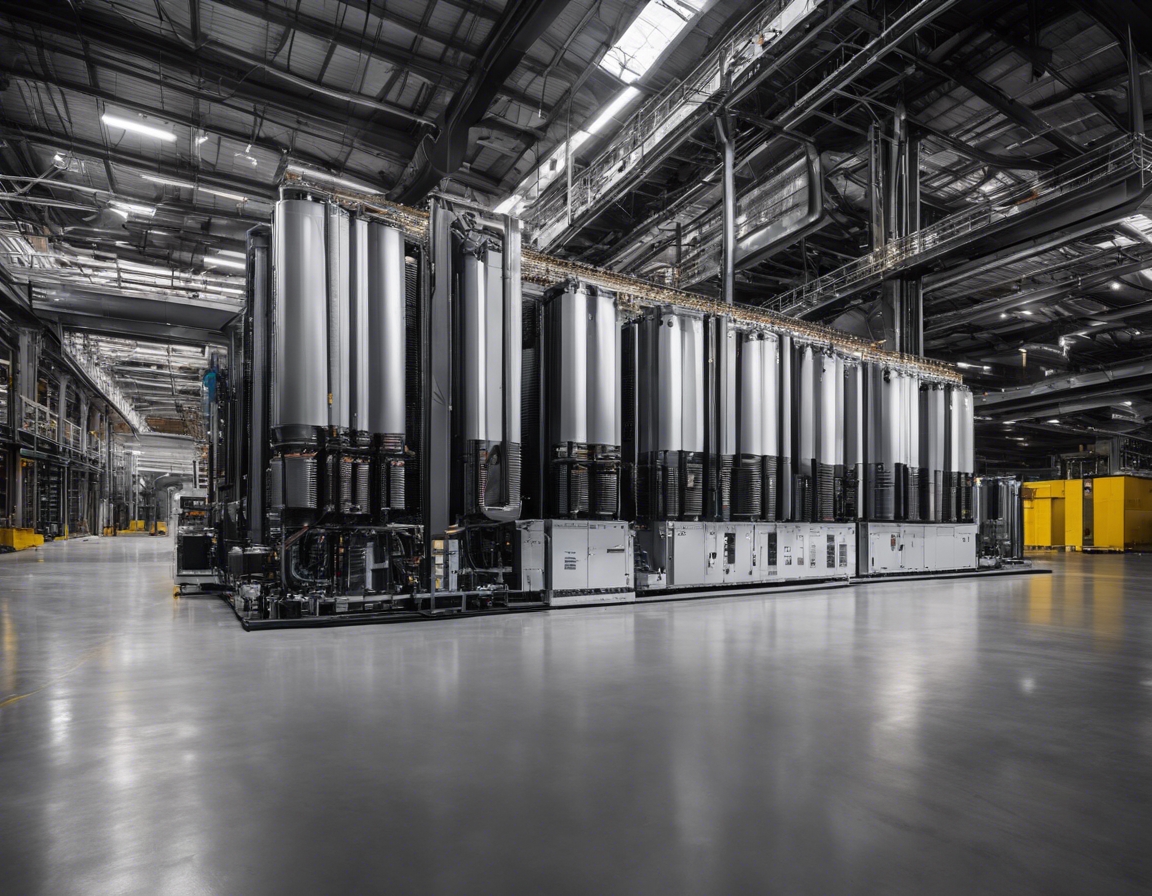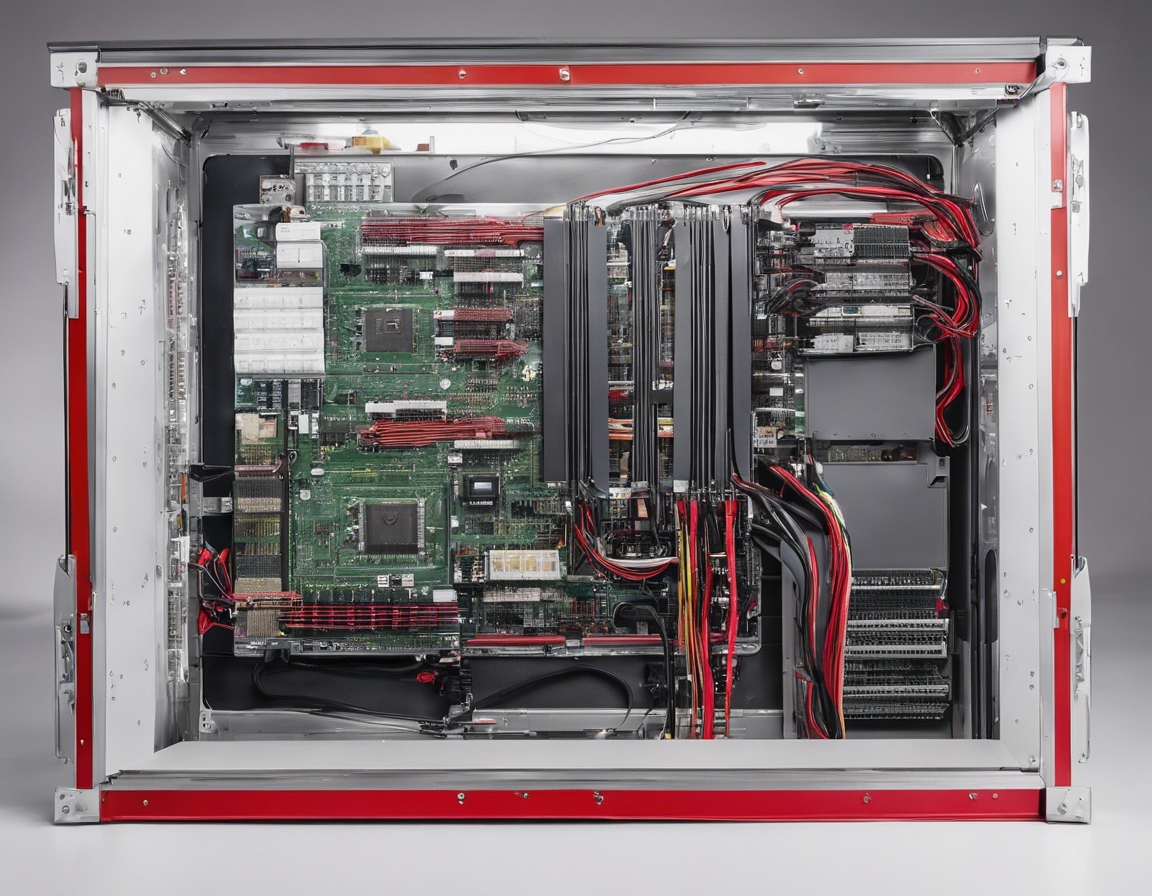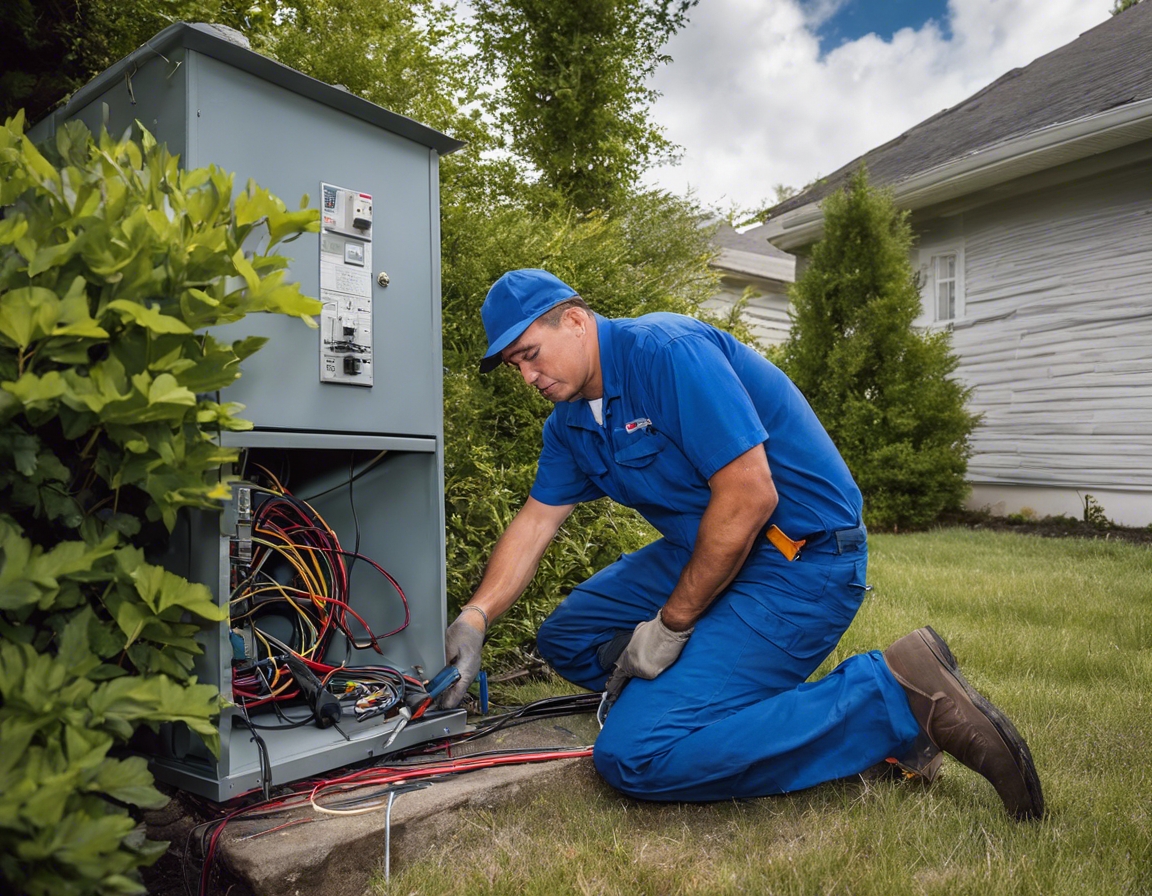The future of automation in real estate
The real estate sector is on the cusp of a revolution, with automation poised to transform how properties are managed, bought, sold, and maintained. As we look to the future, it's clear that the integration of advanced technologies will play a pivotal role in shaping the industry.
Currently, automation in real estate is at a nascent stage, with some adoption of technologies like smart home devices, automated customer service, and property management software. However, the potential for growth is immense.
The demand for automation in real estate is driven by the need for efficiency, cost reduction, and enhanced customer experiences. Homeowners, commercial property managers, and industrial facility operators are seeking solutions that can streamline operations and provide value.
Key Drivers of Automation in Real Estate
Breakthroughs in AI, IoT, and robotics are enabling new levels of property automation, from smart buildings to predictive maintenance.
As the real estate market becomes more competitive, stakeholders are looking for ways to differentiate their offerings and optimize costs through automation.
Automation technologies can contribute to sustainability by optimizing energy usage and reducing waste, aligning with global environmental goals.
Areas of Real Estate Poised for Automation
Smart home technology is becoming standard in new developments, with automated lighting, heating, and security systems.
Commercial buildings are adopting automated systems for access control, energy management, and space utilization analytics.
Industrial facilities are leveraging automation for inventory management, equipment monitoring, and safety protocols.
Emerging Technologies in Real Estate Automation
AI and ML are enabling predictive analytics for maintenance, personalized tenant experiences, and intelligent investment decisions.
The IoT is connecting various components within buildings to create cohesive, responsive systems that adapt to user needs.
Blockchain is set to revolutionize real estate transactions with secure, transparent processes that reduce fraud and streamline closings.
Benefits of Automation for Property Owners and Managers
Automation can significantly reduce the time spent on routine tasks, allowing property managers to focus on strategic initiatives.
Automated security systems can provide real-time monitoring and rapid response to incidents, ensuring a safer environment for tenants.
Automation enables personalized services and conveniences that can attract and retain tenants in a competitive market.
Challenges and Considerations in Implementing Automation
While the benefits of automation are clear, the initial investment can be significant, and stakeholders must consider the return on investment.
With increased connectivity comes the need for robust data privacy and security measures to protect tenant information.
Integrating new technologies with existing infrastructure can be complex, requiring careful planning and expertise.






Comments (0)